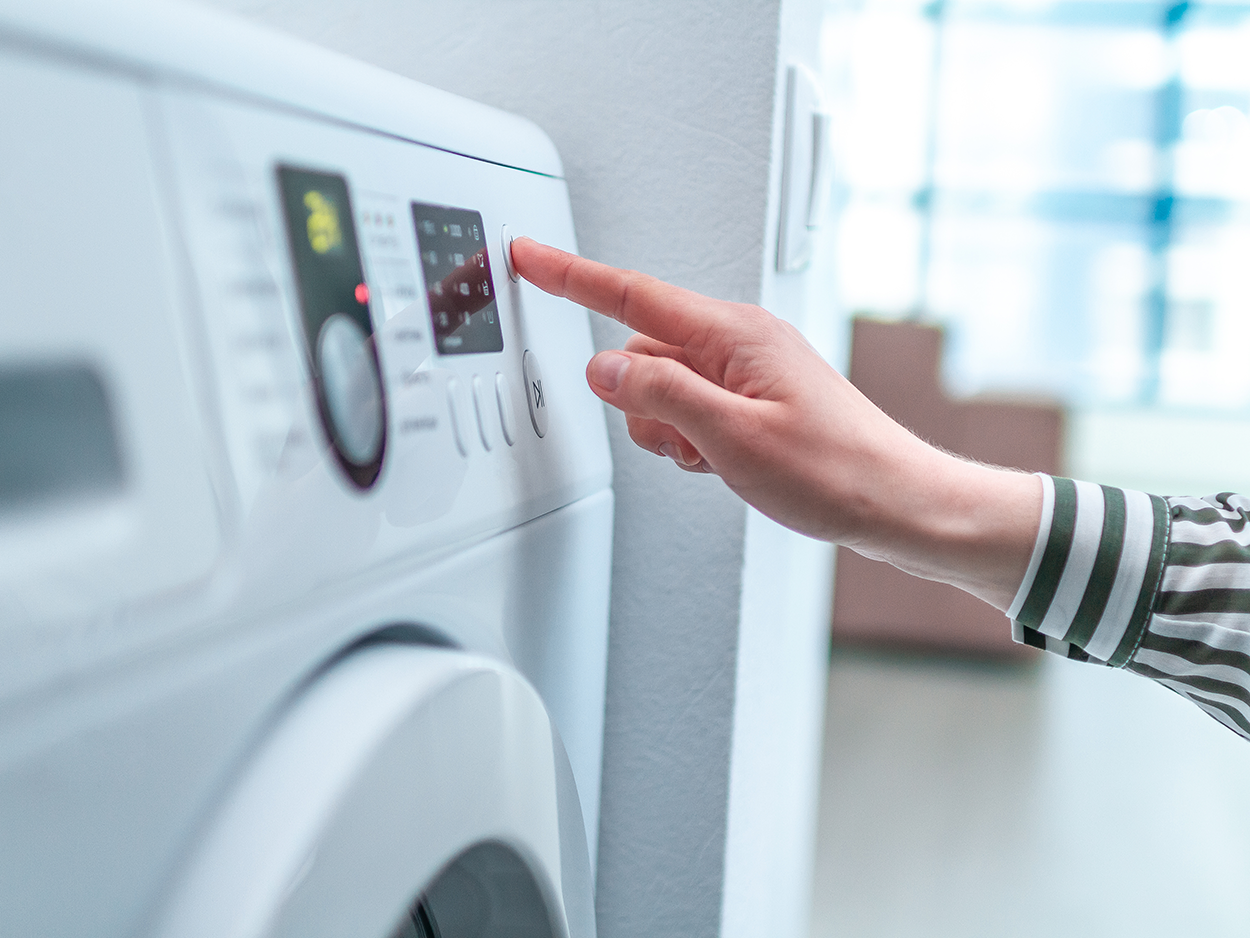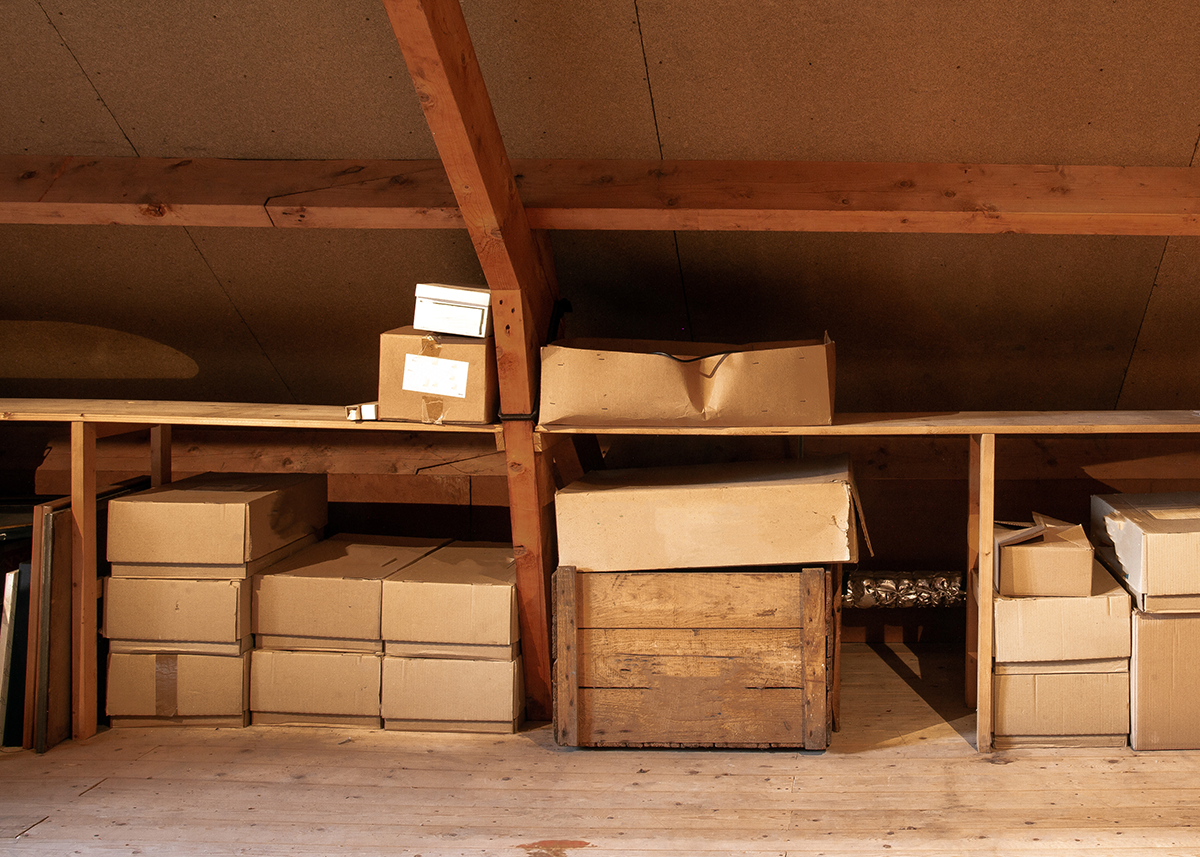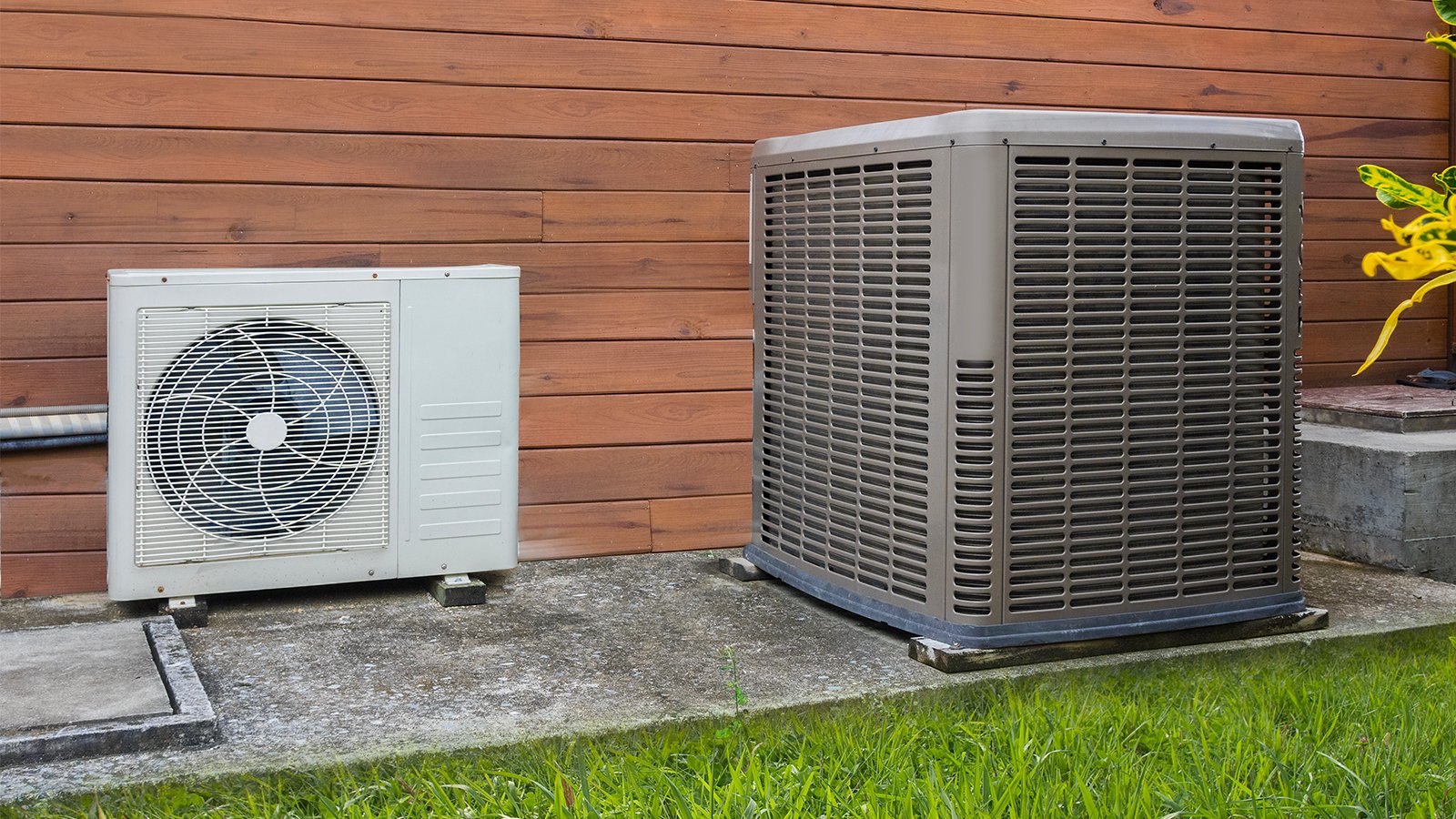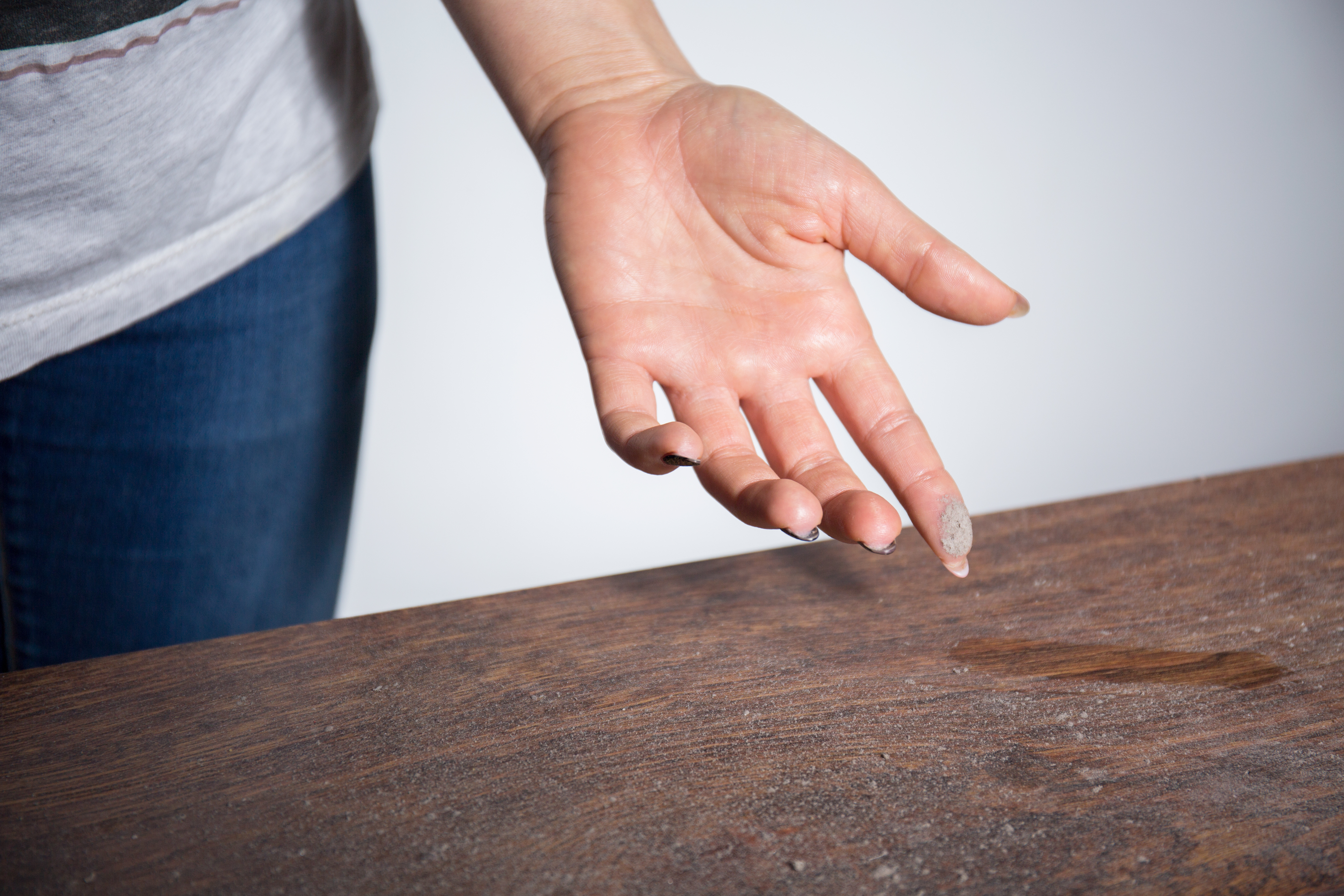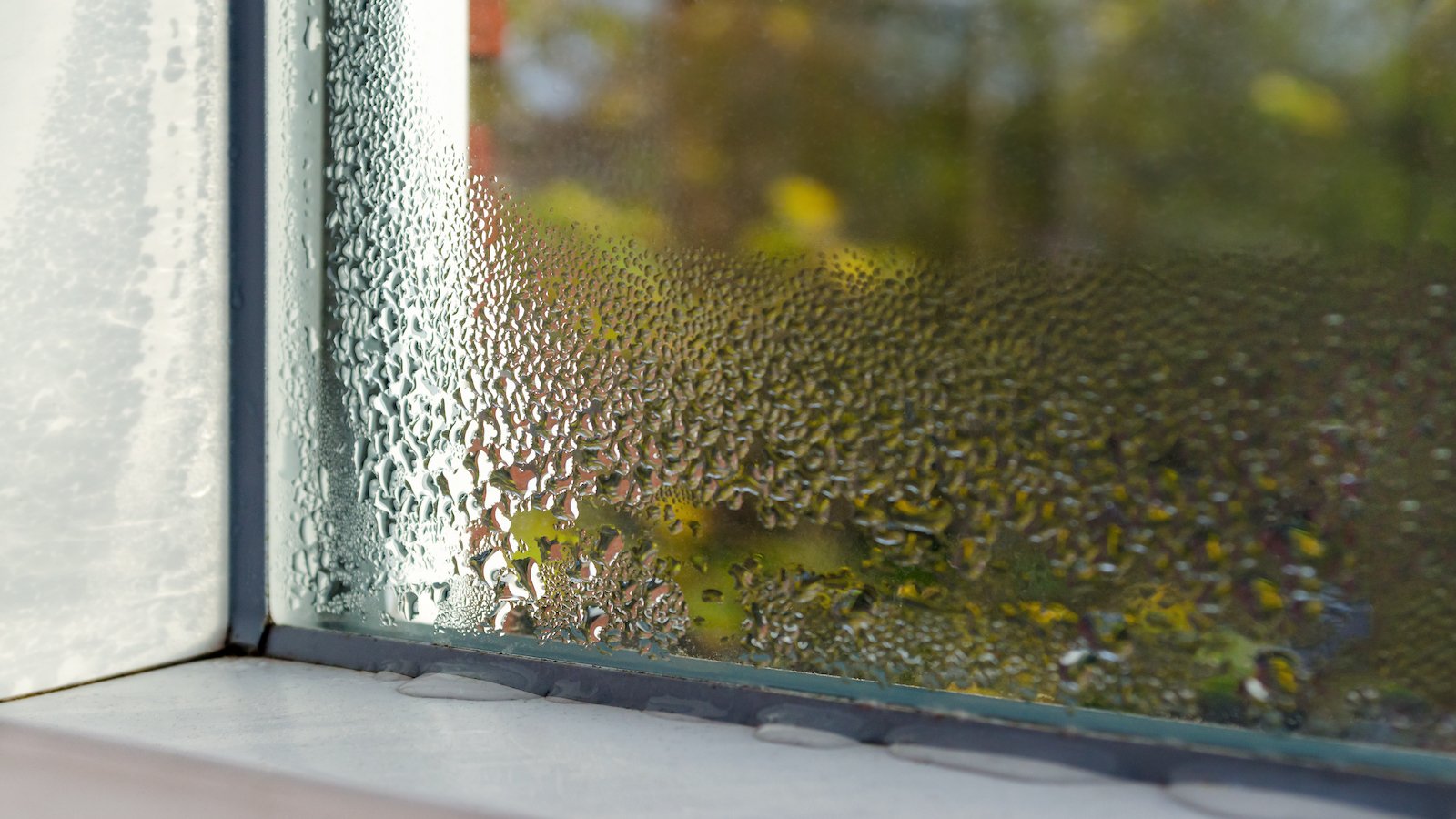 With summer approaching fast, we will all start to experience the hottest temperatures of the year as well as the effects of increased humidity. High indoor humidity levels can not only affect your comfort but also your health.
With summer approaching fast, we will all start to experience the hottest temperatures of the year as well as the effects of increased humidity. High indoor humidity levels can not only affect your comfort but also your health.
Humidity is the measure of the amount of moisture in the air. During the summer, high humidity levels can make the temperature feel even warmer than it already is since our sweat evaporates at a slower rate. Some other issues caused by high indoor humidity levels include:
- High humidity creates a breeding ground for mold and bacteria growth that can decrease your overall indoor air quality. Humidity levels above 55% can cause mold and bacteria to grow if left in a room for 24-48 hours.
- Excessive sweating and increased loss of water and dehydration.
- Increased rate and depth of blood circulation, and increased respiration.
- Muscle cramps and fatigue.
Ideally, you want to have humidity levels between 30% – 50% in your home.
How to Combat High Humidity
- Use an air conditioner and keeps your windows and doors closed. Your AC is the first line of defense against high humidity. Not only does it cool your home, but it also helps remove excess moisture from the air.
- Clean your air filters. Running your air conditioner is a great way to reduce humidity inside your home. Maintaining a clean filter will help ensure that your AC runs efficiently and without any airflow issues.
- Install a Dehumidifier. They not only reduce the high humidity in your house during the summer but also help make your home feel cooler.
- Properly insulate problem areas. Having an air-tight seal and proper insulation is a must. It is important to ensure that the outdoor air is not affecting the health of your home. If you are running your air conditioning, check all of your windows for potential leaks that could be bringing moisture into your home. Your AC drain lines and drip pans are often an overlooked source of humidity. Make sure that they are checked and kept clear of any water build-up.
- Use proper ventilation, including installing exhaust fans for when cooking or showering. Use ceiling or standing fans to help with air circulation.





